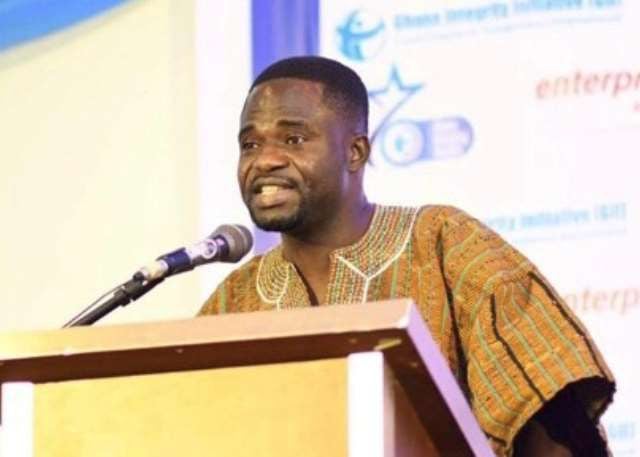Manasseh Azure Awuni, an investigative journalist, expresses profound skepticism regarding the effectiveness of the current Ghanaian government’s approach to combating illegal small-scale mining, also known as galamsey. Despite acknowledging the government’s initiatives, such as deploying river guards, military personnel, and making arrests, Awuni argues that these actions are merely a repetition of past failed strategies. He points to previous administrations’ similar efforts, like the tree-planting initiative under SADA, which ultimately yielded no substantial results. Awuni’s core argument centers on the lack of novelty and effectiveness in the current administration’s approach. He perceives the strategy of sending soldiers and making arrests as a recycled tactic that has consistently proven insufficient in curbing the destructive practice of galamsey.
Awuni’s critique extends to the government’s policy of deporting foreign nationals engaged in illegal mining, particularly Chinese nationals, instead of prosecuting them. He questions the rationale behind this approach, asserting that allowing foreign perpetrators to leave without facing legal consequences sets a dangerous precedent and undermines the fight against galamsey. The policy, introduced by Interior Minister Muntaka Mubarak, aims to expedite the removal of foreign nationals involved in environmental degradation and other crimes. However, Awuni contends that deportation without prosecution is not only illogical but also exacerbates the problem by failing to hold perpetrators accountable. He emphasizes the need for a more robust legal framework that ensures those involved in illegal mining, regardless of their nationality, are prosecuted for their crimes.
The journalist’s skepticism stems from his extensive experience covering environmental issues in Ghana. He has witnessed firsthand the failures of past government initiatives and argues that the current approach lacks the necessary innovation and commitment to effectively address the complex problem of galamsey. He criticizes the cyclical nature of government actions, which often involve short-term interventions that fail to address the root causes of illegal mining. Awuni’s call for a more comprehensive and sustainable solution underscores the urgency of the situation and the need for a paradigm shift in the government’s approach.
Awuni’s concern is rooted in the devastating environmental and socio-economic consequences of galamsey. The practice not only destroys water bodies and forests but also disrupts livelihoods and poses significant health risks to communities. He argues that the government’s failure to effectively combat galamsey perpetuates these negative impacts and undermines sustainable development efforts. His critique highlights the need for a more holistic approach that considers the environmental, social, and economic dimensions of the problem.
The journalist’s perspective challenges the government’s narrative of progress in the fight against galamsey. While the government may point to arrests and deployments as evidence of action, Awuni argues that these measures are superficial and fail to address the systemic issues that enable illegal mining to thrive. He calls for greater transparency and accountability in the government’s actions, urging them to move beyond symbolic gestures and implement concrete measures that demonstrably reduce illegal mining activities. His emphasis on meaningful action underscores the need for a results-oriented approach that prioritizes long-term solutions over short-term gains.
In conclusion, Manasseh Azure Awuni’s assessment of the government’s efforts to combat galamsey is deeply critical. He argues that the current approach, characterized by recycled tactics and a questionable deportation policy, is insufficient to address the complex and destructive nature of illegal mining. His call for a more innovative, comprehensive, and accountable strategy underscores the urgency of the situation and the need for a fundamental shift in the government’s approach to effectively protect Ghana’s environment and its people. He emphasizes that without a genuine commitment to meaningful action, the fight against galamsey will remain a losing battle, with devastating consequences for the country’s future.














